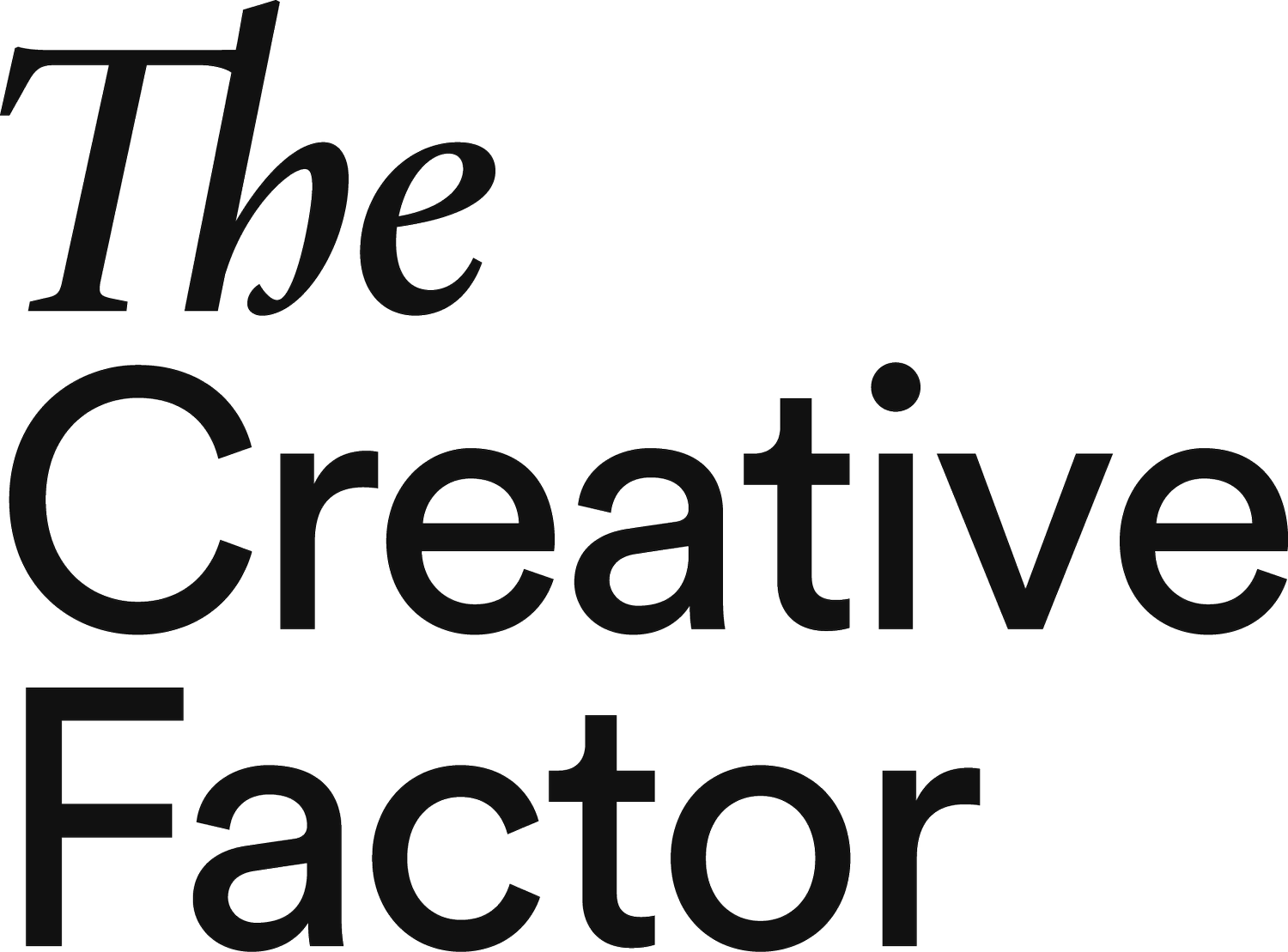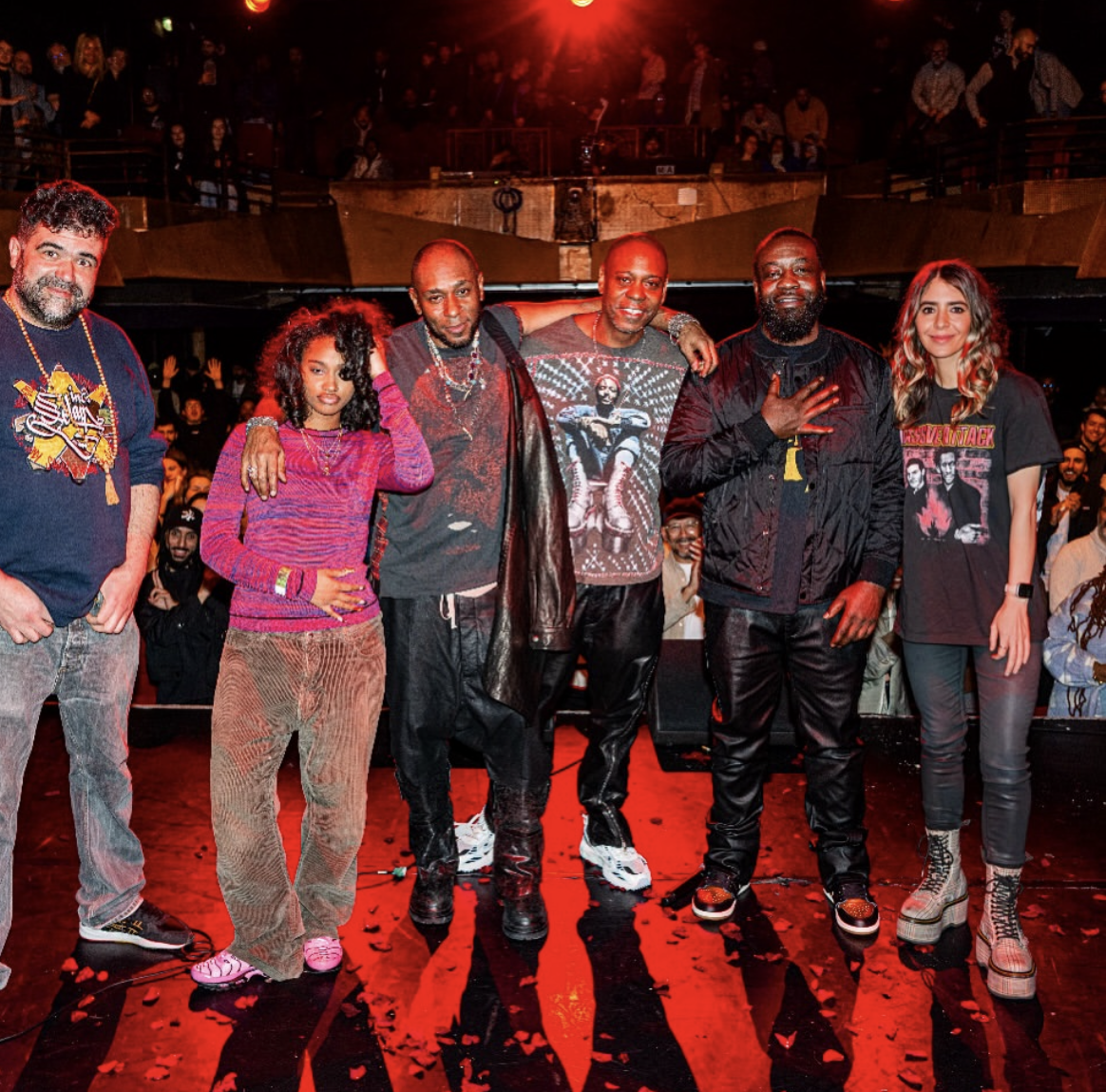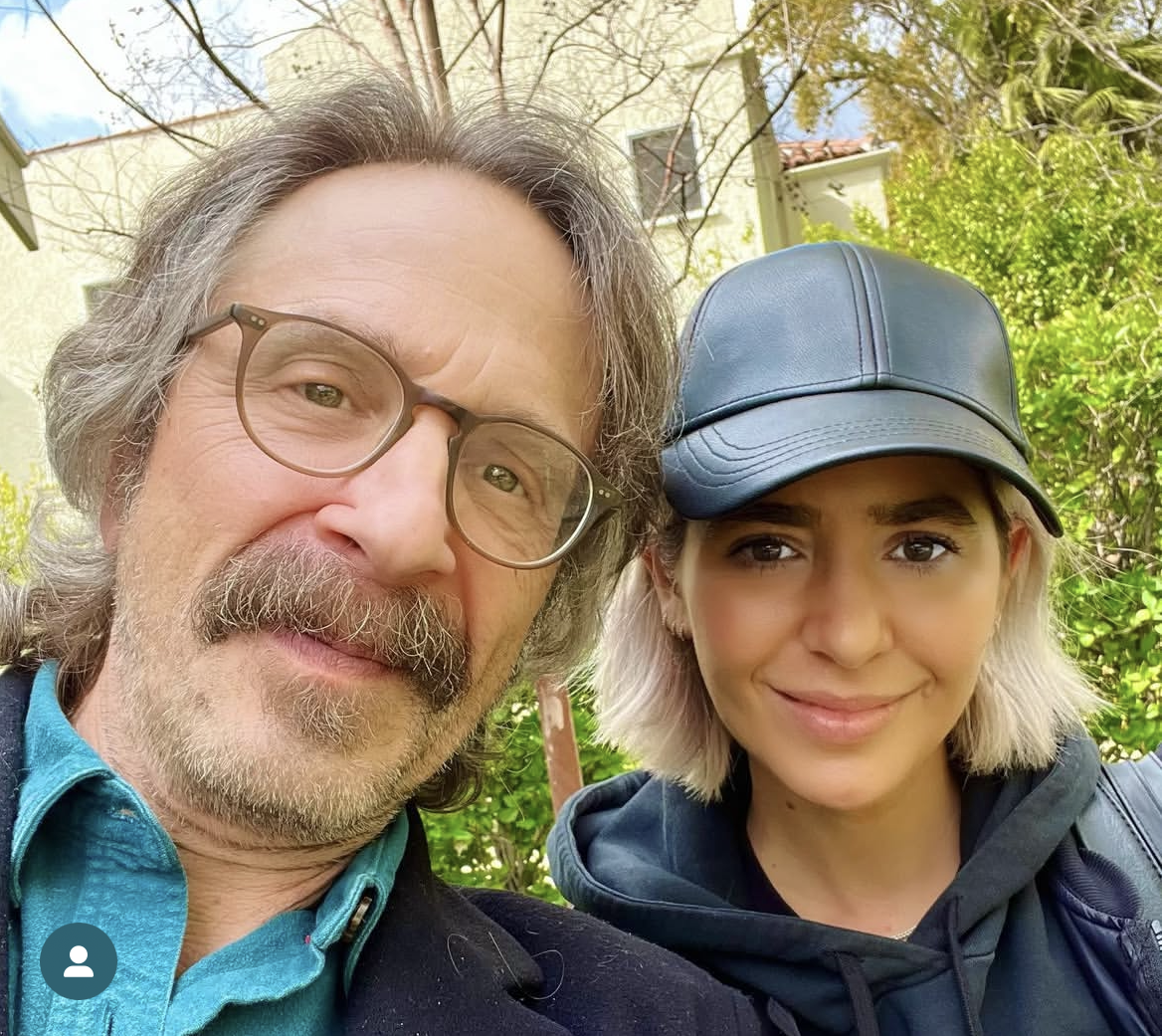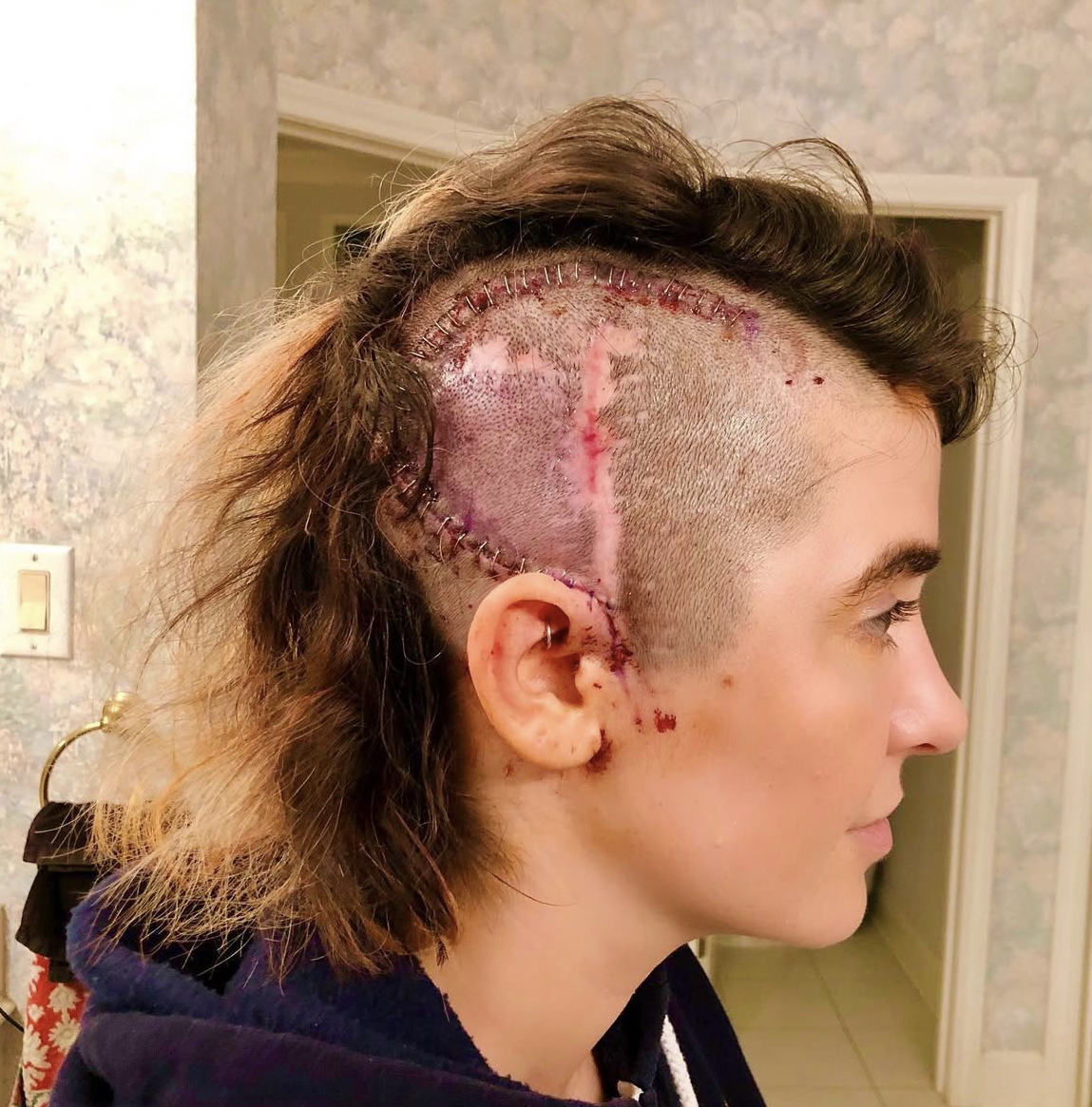Ashley Barnhill: Iron Maiden in the Texas Sun
Ashley Barnhill’s life was turned upside down. Now she is rewriting her story. Photos courtesy of Ashley Barnhill.
Hotter Than August
Ashley Barnhill walks to Cisco’s in chunky boots and an Iron Maiden shirt, unfazed by the 96-degree Austin heat. “That’s not bad,” a local shrugs. “It gets hotter in August.”
At noon, the sidewalks are empty. Austinites stay sealed in their cars, avoiding the sun. But Ashley walks half a mile from her apartment to Cisco’s, the city’s oldest Tex-Mex joint, known for migas, sausage biscuits, and its unchanged 1950s decor. We’re headed there to talk about her life, career, and new book, Darkstork Maeday, a sci-fi meets tech-startup novel grappling with climate change, which she plans to adapt into a TV series and scripted podcast.
Since suffering a traumatic brain injury in 2020, Barnhill has stopped driving, hence the walking. “I’m half-blind now,” she said. So she takes Ubers when she must, but walks when she can.
“My eyesight will never adjust,” she adds. “That just changes your outlook on life and everything around it.”
Still, she says, she feels lucky to be alive.
Lean and Provocative
Barnhill calls herself a workaholic, often juggling stand-up, writing, and directing. Over the past 13 years, she’s toured with Amy Schumer, Hannibal Buress, Joe Rogan, Bob Saget, and John Mayer. She’s also a frequent opener for Dave Chappelle, with over 500 shows to her name.
Barnhill with Chapelle and crew after a show in Paris this year. Photo by Candyman.
Chappelle’s tours are famously fluid: a two-night run in San Francisco might stretch to five shows, with new cities like Las Vegas added on the fly. “I’d leave thinking I was gone for two nights and come back 15 days later,” she said.
As for feedback from Chappelle? “We talk about anything else but work,” she said.
Barnhill’s comedy is dark, fearless, and unapologetically sharp. “If I am mean, I am mean to the people who deserve it.” Few topics are off-limits—religion, death, sex, politics, and Texas politicians who look like they hate women. She’s also learned how to read a room, and a region. In London, Jesus jokes are a non-starter (“I’ve never seen a crowd turn on me faster…”). In Los Angeles, the meaner the better for that crowd. And in Texas, abortion jokes require precision — Austin might be safe; anywhere else, it’s a gamble. “Everything offends everybody,” she says.
“She’s a sniper with her jokes,” says Geof Wills, President of Comedy at Live Nation. “Well-crafted, lean, and often subversive.”
Marc Maron, who once employed Barnhill as his assistant, recalls her quiet demeanor and sharp material. “She didn’t seem image-oriented... no affectation. Disarming,” he says. “She figured out how to make those dark, provocative jokes work. That’s not the easy way.”
The boldness Barnhill displays is part of the job, says Maron. “You have to assume a certain position up there... not just holding your ground, but being nonplussed about it. You know you’re going to f*ck with people. And you like that.”
In a business with few safety nets and even fewer shortcuts, Barnhill has carved her own path. “She is the cavalry,” Maron says. “No publicist, no club, no manager is going to do the work for you. You do it yourself.”
“She has an amazing amount of personal courage. Her story matters.” — Marc Maron
From Law School to Late Nights
Barnhill was born in San Antonio and studied law at the University of Texas, planning to follow her father into the profession. But comedy got in the way. Her first stand-up set was in a garage for five male roommates. “They told me to be edgier,” she remembers.
She might have been the only UT law school grad who went on to serve smoothies at JuiceLand and hit open mics at night. “You don’t have to wait for someone to allow you to do it,” she says of stand-up. “You just do it.”
Barnhill eventually moved to L.A. full-time, and interned at Gary Sanchez Productions, worked for Maron and Rob Corddry, and started writing jokes on Twitter. Her breakthrough came at a 2015 Roast Battle at The Comedy Store. Unbeknownst to her, Chappelle was in the audience.
She delivered the winning line against her opponent Barbara: “Today Barbara tweeted whoever loses has to leave comedy. Maybe Dave Chappelle can give you that address in Africa.”
The room exploded. Later, Chappelle told her, “You’re the most diabolical b*tch I’ve ever seen.”
A few weeks later, he asked her to open for him in Austin. That invitation turned into years of touring globally. “The stand-up business is a cage match with jokes,” says Wills. “Ashley’s job is to make a room full of strangers—who paid to see Dave—laugh. That’s not easy.”
The Skull Scan Screensaver
In spring 2020, Barnhill’s career was accelerating—opening for Chappelle, growing her fanbase to 125,000 followers on Instagram, developing new projects. Then came the accident.
While jogging in Los Angeles one evening, she was struck by a car driven by a 17-year-old.
“My phone screensaver is a scan of my skull. It reminds me to be grateful that I’m alive.”
The impact fractured her skull. She fell into a coma, had five brain surgeries, and battled a brain infection. Two months later, she was stable enough to return to San Antonio, where her mother and sister cared for her. The recovery was intense: 24/7 supervision, nightly antibiotic injections, twelve daily prescriptions, and rehab.
“I don’t remember much from the hospital,” she says. “But maybe that’s a blessing.”
Barnhill now lives with titanium skull implants, limited vision, memory lapses, panic attacks, and an exaggerated startle response.
“My phone screensaver is a scan of my skull,” she says. “It reminds me to be grateful that I’m alive.”
Rewriting the Story
After the accident, Barnhill’s drive didn’t disappear—it rechanneled, often using her recent life experience as material. “It was hard at first because she wanted to do more than she was capable of,” says her sister Catherine, a nurse who helped Ashley during her recovery. “But once she got her bearings, she was back to thinking about her next project.”
That includes Darkstork Maeday, her debut novel. In it, a woman wakes from a coma in Austin and suspects her tech-mogul fiancé has manipulated her memory, derailing her ability to unravel the truth about his sinister dating app. The book took her more than two years to write and is out on June 5.
Barnhill is also working on a stand-up special about life after her injury. “It’s hard to say onstage, ‘I almost died recently,’” she says. “But I have to tell it. It’s my story.”
When she opens for Chapelle, she purposely doesn’t talk about her accident. “I've learned due to how I look—petite, pretty approachable, like someone who should be talking about matcha lattes—my material already catches people off guard,” she says. “My dark, vicious jokes land harder because they’re unexpected, so I have to set the tone quickly.”
It’s another leap when she gets into material about being in a coma and almost dying. “I have to teach the audience it’s okay to laugh,” she says. “That takes a little more time and trust, so it’s something I save for longer sets, where I can build that space for vulnerability and permission.”
It’s a battle between sitting in a moment of raw honesty and fighting the reflex to defuse everything with a punchline, to dodge the silence, the discomfort, the risk. “Being real onstage feels way more exposed than just being savagely funny,” she says.
In one post-accident performance, Barnhill broke down in tears onstage while recounting her experience. After the show, a man approached to say how much her words had meant. That moment helped Barnhill see the power of vulnerability in her work.
“I’m hoping the message of my upcoming special is: Life ain't no rodeo—it’s a wild bucking bull ride,” she says. “You’ll get thrown off. But it’s the grit to remount that wild bull that truly makes you strong.”
Maron agrees that Barnhill’s next act may go deeper than ever. “The challenge now is vulnerability,” he says. “She’s a deep person with a difficult past. If she can find a way to tell that story, there’s a broader audience out there.”
He pauses. “Whatever she does, she has an amazing amount of personal courage. Her story matters.”
Barnhill knows what it means to fall hard. But she’s still here—writing, running, and turning pain into punchlines. She didn’t ask for this material, but she knows exactly what to do with it.





